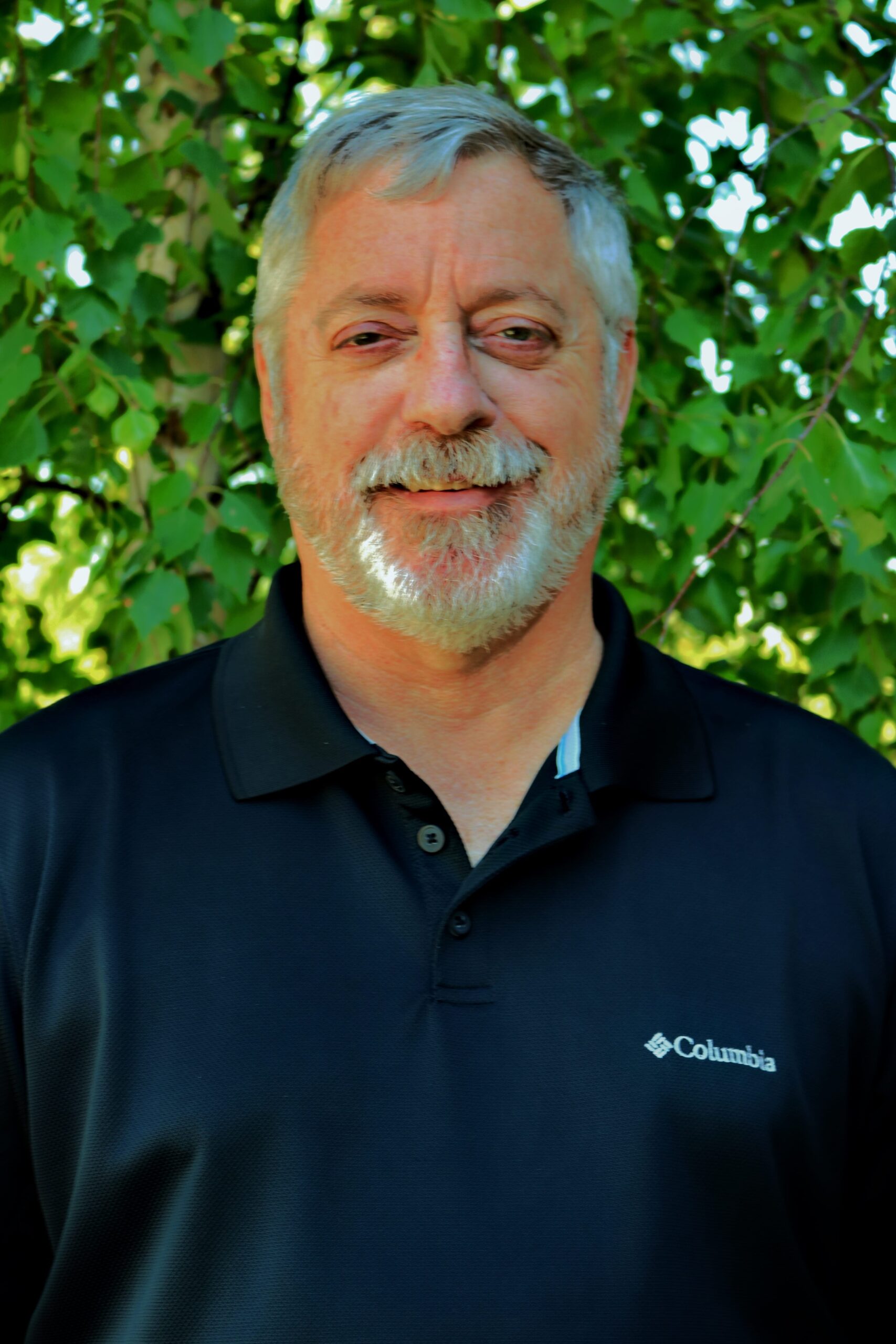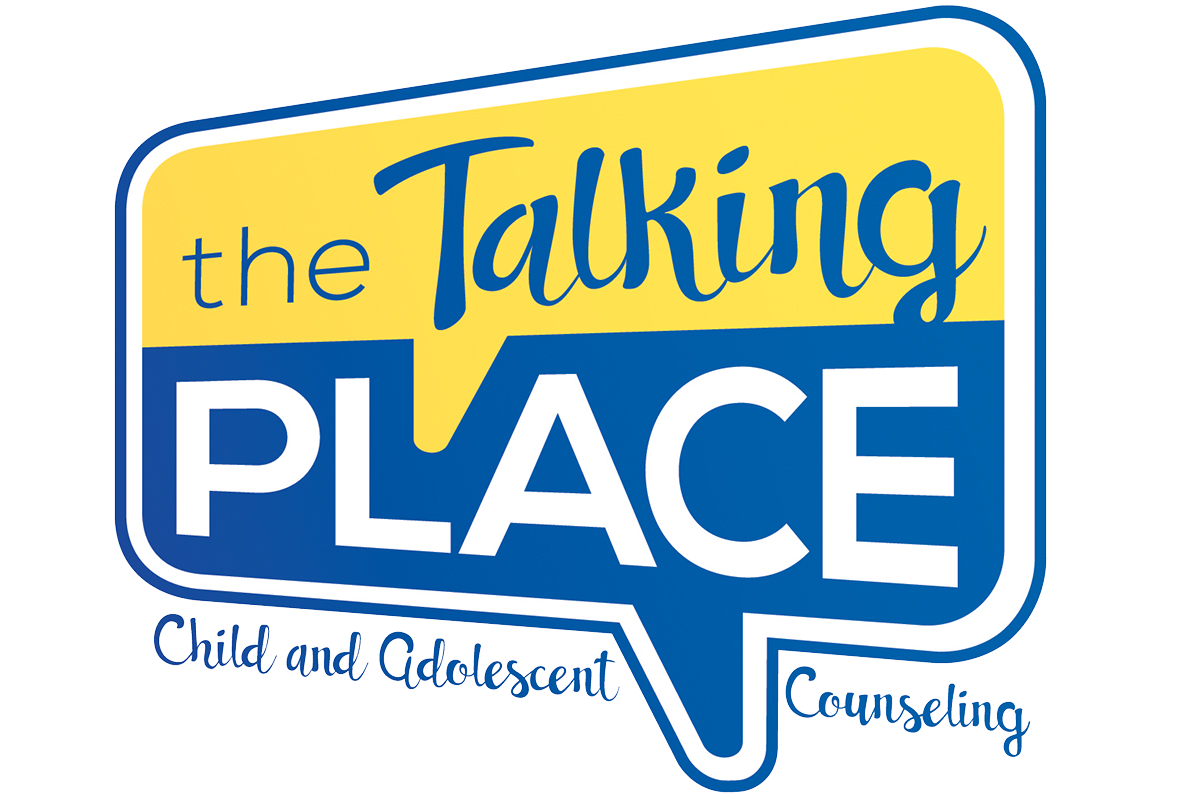Larry Williams – MS, LPC
Alaska Pacific University; Anchorage, Alaska
Master of Science in Counseling Psychology
Thesis: Post Traumatic Stress and Experiential Learning; A Treatment Protocol
Bachelor of Arts in Organizational Management
Mr. Larry has over 20 years of experience providing mental health therapy. He also has over 23 years working in emergency medicine in the Air Force as a Pararescue man (PJ). He retired in 1996, proceeded to get his Master’s Degree in Counseling Psychology at Alaska Pacific University and acquired his Licensed Professional Counselor’s (LPC) license. He has worked over ten years in substance abuse treatment and with the State of Alaska Department of Justice criminal populations providing co-occurring substance abuse and mental health treatment. Mr. Larry has worked in residential treatment for adolescent girls and boys at Alaska Children’s Services (now Alaska Child and Family), and has been in private practice with The Talking Place since 2012.
Mr. Larry specializes in treating children and teens with autism spectrum difficulties, depression, anxiety and mood disorders. He also works extensively with families to assist in establishing healthy child/parent and child/sibling dynamics. As a result of his extensive emergency medicine background he is uniquely qualified to help work with those who have experienced trauma; both children and/or adults. He also works with adult professionals who are experiencing the effects of work-related PTSD.
He is trained in Cognitive Behavioral Therapy (CBT), Emotionally Focused Therapy (EFT), Dialectical Behavioral Therapy (DBT) and has substantial experience in outdoor wilderness therapy. CBT is a type of psychotherapeutic treatment that helps patients understand the thoughts and feelings that influence behaviors. DBT is a modified form of CBT that uses traditional cognitive-behavioral techniques, but also implements other skills like mindfulness, acceptance, and tolerating distress. EFT is a short-term form of therapy that focuses on adult relationships and attachment/bonding. The therapist and clients look at patterns in the relationship and take steps to create a more secure bond and develop more trust to move the relationship in a healthier, more positive direction.
In addition to cognitive therapy, Mr. Larry uses a variety of techniques related to the mind body connection in the healing process. Some of these include mindfulness, relaxation, visualization and affirmation exercises. Mr. Larry believes that the quality of the therapeutic relationship is the most crucial component to productive and beneficial therapy.
Mr. Larry Williams sees his job as one to teach others skills that they can utilize consistently and efficiently to live life to the fullest. He is committed to helping you, his clients, progress successfully in your life, feel healthier and effectively navigate life and its many challenges.

